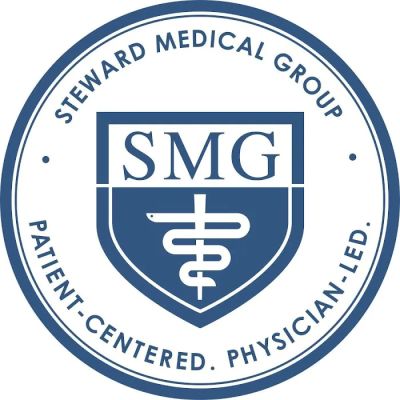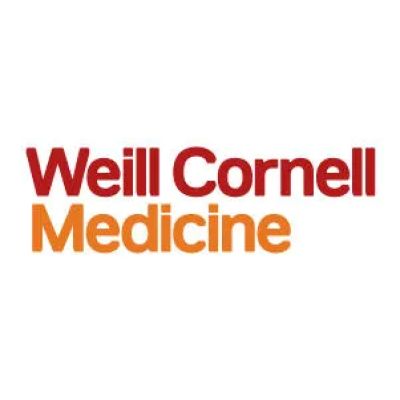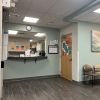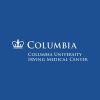Recognizing the Symptoms of Heart Disease Early
- Recognizing Early Heart Disease Symptoms
- Prevention and Risk Factors
- Real-Life Cases of Early Detection
- How to Protect Your Heart: Recommended Solutions
1. Recognizing Early Heart Disease Symptoms
Heart disease is a leading cause of death worldwide, but the good news is that it can be prevented or its effects minimized with early detection. Recognizing the early symptoms of heart disease is crucial in preventing more severe outcomes. Common early warning signs include chest pain, shortness of breath, and fatigue. It’s important to pay attention to your body and not ignore subtle signs that might indicate an issue with your heart.
For instance, many people might feel occasional chest discomfort after exertion, but this can escalate into a more serious condition like angina or even a heart attack if not addressed early. Similarly, unexplained fatigue or shortness of breath, even during minimal physical activity, could be signs of a heart condition that needs attention.
2. Prevention and Risk Factors
Understanding the risk factors that contribute to heart disease can empower you to take steps toward prevention. Some key risk factors include high blood pressure, high cholesterol, smoking, and a sedentary lifestyle. If you have a family history of heart disease, your risk might be higher, making early detection even more important.
Fortunately, heart disease prevention isn’t all about genetics. You can take control of your heart health by eating a balanced diet, staying active, and regularly checking your blood pressure and cholesterol levels. These proactive measures can help you reduce the risk of developing heart disease.
3. Real-Life Cases of Early Detection
Take the story of Sarah, a 45-year-old woman who noticed persistent chest discomfort and fatigue after climbing a few stairs. Initially, she dismissed it as stress-related, but a visit to her doctor led to early detection of a blocked artery. By identifying this issue early, Sarah was able to undergo treatment that likely saved her life.
Such stories highlight the importance of paying attention to the small signs your body gives you. While not all symptoms are immediately linked to heart disease, ignoring them could lead to serious consequences. Early detection, like Sarah's case, can dramatically improve the outcome and quality of life for individuals at risk of heart disease.
4. How to Protect Your Heart: Recommended Solutions
Recognizing the symptoms early is just one step in protecting your heart. Alongside medical check-ups, there are several products that can help maintain a healthy heart. Whether it's supplements that support cardiovascular health or fitness trackers that monitor your heart rate, incorporating these products into your daily routine can aid in preventing heart disease.
If you're concerned about your heart health, consider investing in heart health supplements or a heart-monitoring device to stay ahead of any potential issues. Prevention is always better than cure, and with the right tools, you can give your heart the best chance at a long, healthy life.




















